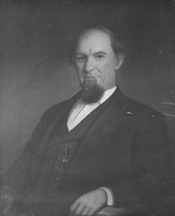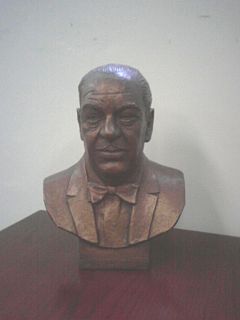A Quote by John Stuart Mill
A people among whom there is no habit of spontaneous action for a collective interest - who look habitually to their government to command or prompt them in all matters of joint concern - who expect to have everything done for them, except what can be made an affair of mere habit and routine - have their faculties only half developed; their education is defective in one of its most important branches.
Related Quotes
The intellect, divine as it is, and all worshipful, has a habit of lodging in the most seedy of carcasses, and often, alas, acts the cannibal among the other faculties so that often, where the Mind is biggest, the Heart, the Senses, Magnanimity, Charity, Tolerance, Kindliness, and the rest of them scarcely have room to breathe.
And say, finally, whether peace is best preserved by giving energy to the government or information to the people. This last is the most legitimate engine of government. Educate and inform the whole mass of people. Enable them to see that it is their interest to preserve peace and order, and they will preserve them. And it requires no very high degree of education to convince them of this. They are the only sure reliance for the preservation of our liberty.
The easiest method of acquiring the habit of scholarship is through acquiring the ability to express oneself clearly in discussing and disputing scholarly problems. This is what clarifies their import and makes them understandable. Some students spend most of their lives attending scholarly sessions. Still, one finds them silent. They do not talk and do not discuss matters. More than is necessary, they are concerned with memorizing. Thus, they do not obtain much of a habit in the practice of scholarship and scholarly instruction.
Man is very much a creature of habit. A thing that rarely strikes his senses will generally have but little influence upon his mind. A government continually at a distance and out of sight, can hardly be expected to interest the sensations of the people. The inference is, that the authority of the Union, and the affections of the citizens towards it, will be strengthened rather than weakened by its extension to what are called matters of internal concern.
A fixed habit is supported by old, well-worn pathways in the brain. When you make conscious choices to change a habit, you create new pathways. At the same time, you strengthen the decision-making function of the cerebral cortex while diminishing the grip of the lower, instinctual brain. So without judging your habit, whether it feels like a good one or a bad one, take time to break the routine, automatic response that habit imposes.









































